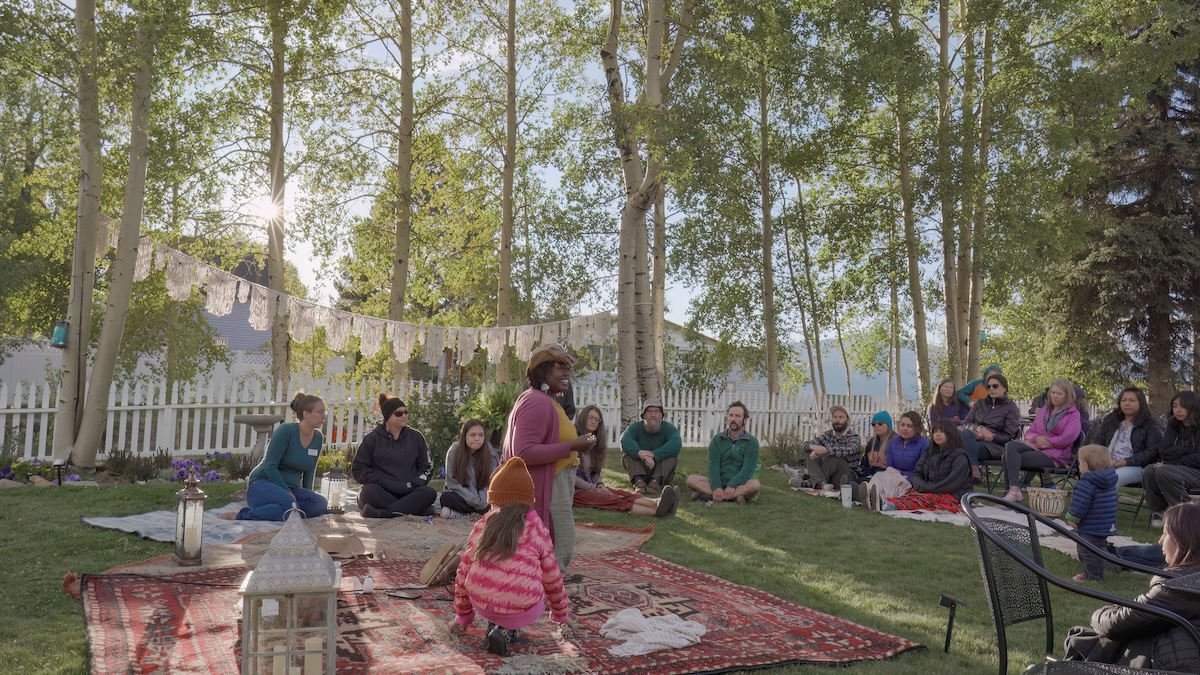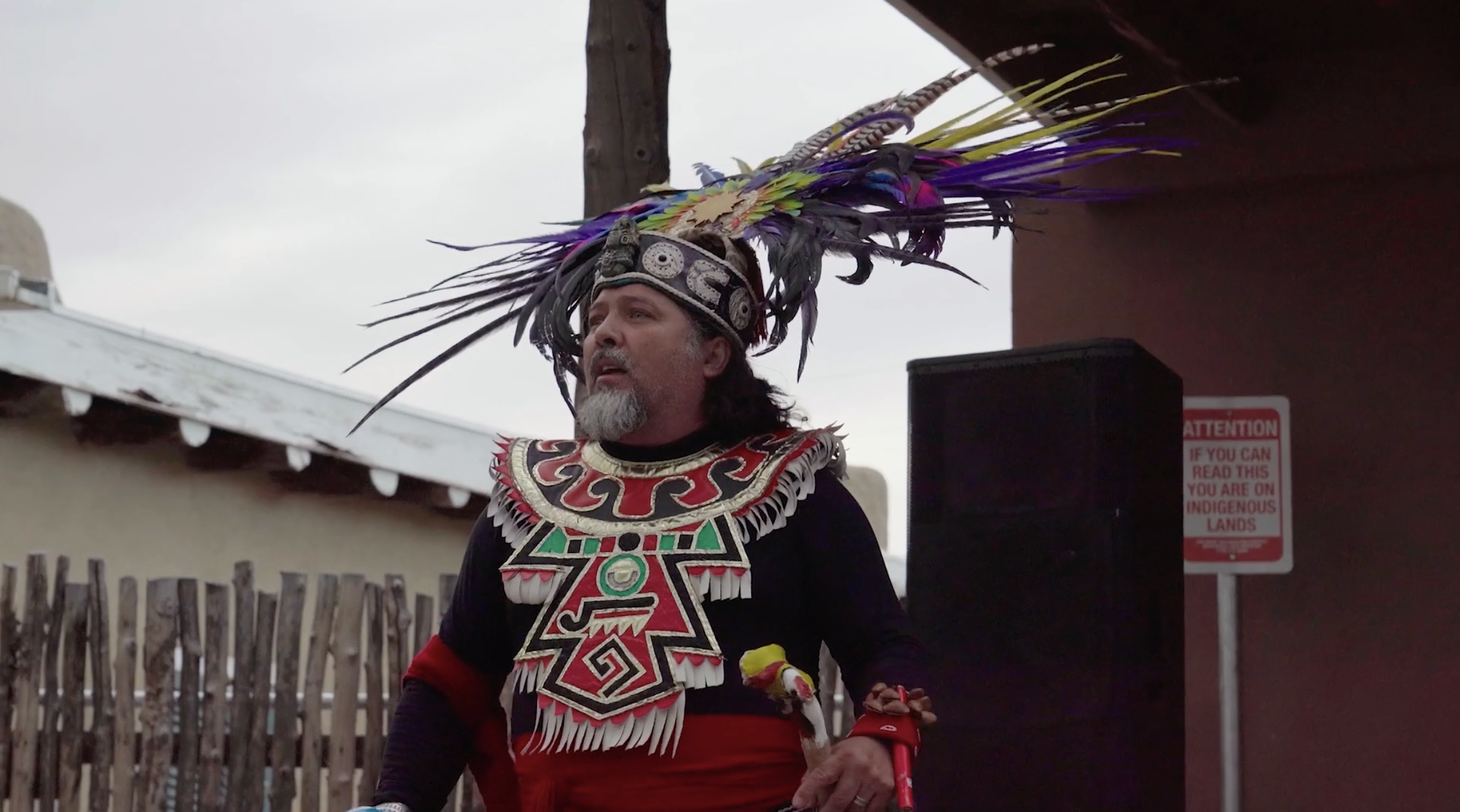Warm Cookies of the Revolution: Imagining the Future of Small Towns
Warm Cookies of the Revolution: Imagining the Future of Small Towns
Evan Weissman founded Warm Cookies of the Revolution over a decade ago in Colorado to show that participating in civic life with your neighbors can be joyful and creative — and fun. Through creative arts, spectacle, community-rooted organizing, and a dash of humor, they inspire and support people of different backgrounds and beliefs to get involved where they live. They show that good pluralism work doesn’t have to be technical, solemn, or fraught. On the contrary, some of the most powerful strategies begin by celebrating what makes a place unique, then invite us to engage with those traditions, and work from that place of honor and love to improve our communities. With support from a New Pluralists Healing Starts Here grant, they launched the Future Town Tour, where they partnered with small towns in the San Luis Valley and helped them to design and host events where they could reimagine themselves around hope and possibility.

Communities of the Future
Poet, artist, performer, and Warm Cookies of the Revolution Co-Director, Adrian H. Molina, had long dreamed of helping towns in the American West define themselves not by their past, nor a media-driven story of decline, but by their visions for the future. This idea became the Future Town Tour.
The tour set out to create gatherings that would bring together people of all generations, cultures, beliefs, and backgrounds to imagine their town’s next chapter. For example, in Center, a tiny community largely made up of farmworkers, they reimagined the American football tailgate party in a bilingual celebration of music, culture, and sports. In Walsenburg, they hosted a festival that included workshops, Mariachi music, and this communal feast, all of which connected to active local conversations about health, addiction, and well-being; it was, by all accounts, the biggest gathering in that town in a decade. In Leadville, Colorado (population 2,600), more than 300 people showed up for the Earth Day kickoff event in April 2023—a crowd not seen at a community gathering in years. Residents shared stories, discussed hopes and fears, celebrated local talents, and forged deep connections with each other.
At each stop, events were co-planned with local artists, community leaders, and organizations to ensure they reflected each community’s identity and aspirations. Whether that meant adding Tejano music to the playlist or partnering with the local lowrider club, the goal was always the same: make everyone feel welcome and inspired to participate in this gathering place and, on an ongoing basis, in the life of their community.

Video credit: Warm Cookies of the Revolution
Civics with a Side of Pluralism
By creating spaces that felt vibrant and alive, rooted in the diverse experiences, dreams, and heartaches of these places, the Future Town Tour helped people experience pluralism firsthand. Art, music, and food brought together neighbors who might otherwise stay apart due to political or cultural divides.
Importantly, the program didn’t impose a vision—it invited residents to co-create what civic life could look like. This bottom-up approach not only increased civic participation but also created stronger social bonds and renewed optimism about what neighbors could accomplish together.
Warm Cookies of the Revolution demonstrates that pluralism isn’t just an idea. It is something people feel when they connect across differences and imagine a better future side by side. When civic action is designed to be welcoming, joyful, and culturally resonant, it can draw in people who have felt excluded or disillusioned. This story reminds us that pluralism grows strongest when communities lead the way, and when everyone has a seat at the table—and maybe a cookie in hand.
“Doing this work takes a DIY mentality, a lot of flexibility, an open mind, trust in the community, and the ability to meet people where they are. This work takes creativity. It takes curation. Artists and creatives need to be part of the equation to be able to weave all of these different aspects of humanity together. This work also takes relentless optimism. You have to believe that another world is possible. And you have to keep trying.”